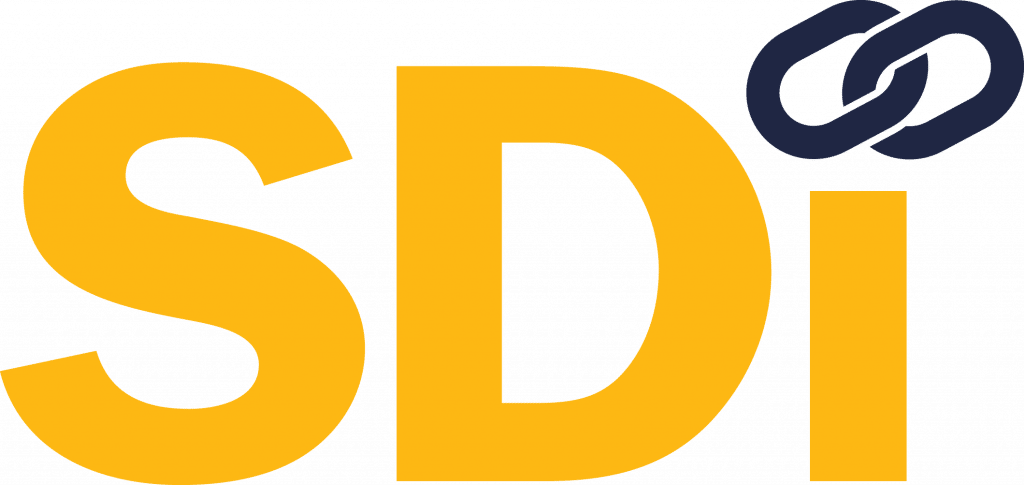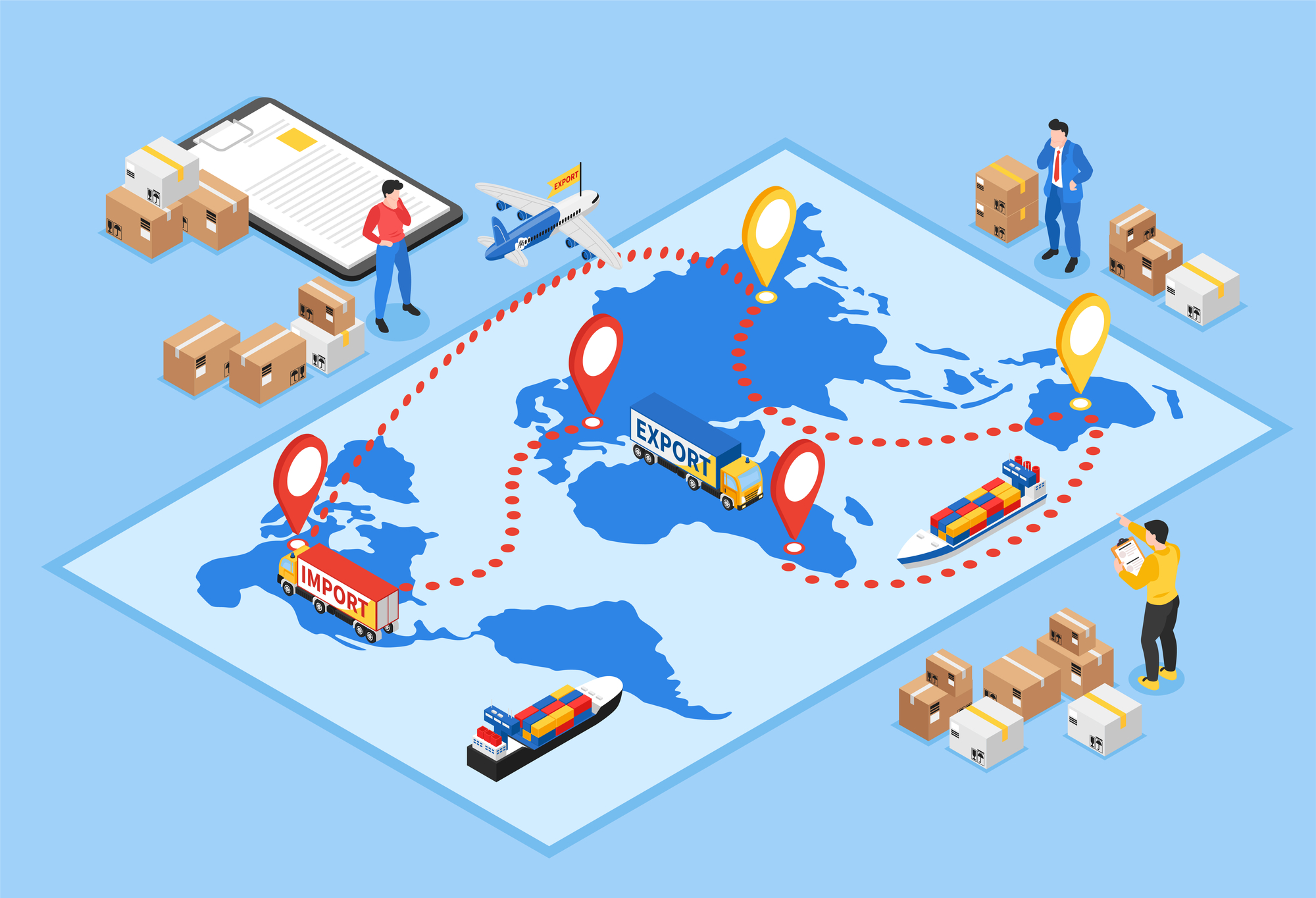As profit margins shrink, retailers and manufactures need any advantage they can gain from the vital links in their supply chains. Insightful companies use a direct approach to secure the many advantages of supplier relationship management.
The Need for a New Perspective in Supplier Relationships
Getting it done requires a re-evaluation of what in the past was often considered a neutral or even adversarial distributor/customer environment. Until those relationships are disrupted, few consider the purchasing of supplies, components, raw materials, and wholesale goods as a strategic imperative. The objective was to get the best deal in each transaction. But in the wake of Covid-19’s supply chain disruption, companies must do everything they can to secure the advantages of good supplier relationships.
Five Key Benefits of Active Supplier Relationship Management
Active management enhances the benefits of supplier relationship management in five major ways by optimizing vendor performance and maximizing synergies that result in efficiencies for both organizations. These 5 major benefits distributors will receive include:
- Collaborative Logistics – Obviously, supplier relationship management benefits the customer by putting the vendor’s strategic initiatives to work in their own businesses. But this works both ways. While the distributor lends expertise and resources to the customer, the customer also provides transparency into not only its own demand cycles but also industry trends and across-the-board challenges. Distributors then can better plan production, secure additional warehouse space, time product launches and otherwise pivot their strategies and adopt measures to capitalize on new marked directions. Because both enterprises benefit, they find it easy to collaborate on product development, marketing, innovation deployment, and more. They can augment each other’s strengths and eliminate the need to invest resources to develop these complementary capabilities in-house.
- Product and Service Efficiencies – Supplier relationship management benefits the distributor as well as the customer through product improvements and streamlined processes. Effective management keeps communications channels open, so potential problems and bottlenecks can be observed and dealt with before they disrupt the customer’s downstream value chain or the supplier’s distribution system. Frequent and regular status updates, performance reviews, and progress reports deepen and strengthen the understanding between distribution partners and nurture a culture of continual productivity enhancement and optimization on both sides.
- Data-Driven Performance Management – Access to comprehensive, real-time data from engaged customers arms distributors with integration, transparency, and analytical tools to gain even more advantages from supplier relationship management. By breaking down data silos across the value chain, distributors can evolve into more agile, information-driven enterprises. The result is sustainably higher sales, margins, and customer satisfaction over the long term. Distributors can tap into customers’ sales data, SKU velocity metrics, and channel feedback to find previously hidden demand signals and high-growth product segments.
- Key Accounts – By developing close, collaborative relationships with key distributors, companies can establish themselves as most-favored customers and ensure a steady supply of high-quality materials, components, or services that are essential to delivering value to their buyers. By bestowing this status to regular and high-volume patrons, distributors, too, profit. They avoid the expenses associated with replacing business lost through turnover. Everyone knows it costs exponentially more to recruit new customers than to retain existing ones. Additionally, maintaining strong supplier/customer relationships ensures vendors will survive the cut as B2B end users increasingly consolidate their supplier ranks. Clients that enjoy key account status are unlikely to find a better deal elsewhere, and so will treasure the arrangements they have developed.
- Strategic Alignment – Distributors and their customers share several strategic objectives. One of the advantages of supplier relationship management is the ability to identify these commonalities and help each other achieve them. This is accomplished partly through transparency and communication, as noted above. It is also facilitated through bolstered trust that enables vendor-managed inventory, just-in-time delivery, and other efficiencies that further both organizations’ competitiveness and profitability. Ensuring that both the distributor and supplier are working towards the same end, reducing potential conflicts and fostering a more productive relationship reduces costs and creates a growth- and innovation-focused workspace.
Automating Supplier Relationship Management with SDI
An automated supplier relationship management process overseen by a partner specializing in supply chain optimization can work wonders for distributors obsessed with productivity, cost containment, and market share. SDI helps clients collect all the supplier relationship management benefits that come from mobilizing a comprehensive system and talented team of industry-trained experts.
If you’re ready to transform your supplier, customer, and distributor relationships contact us today.





